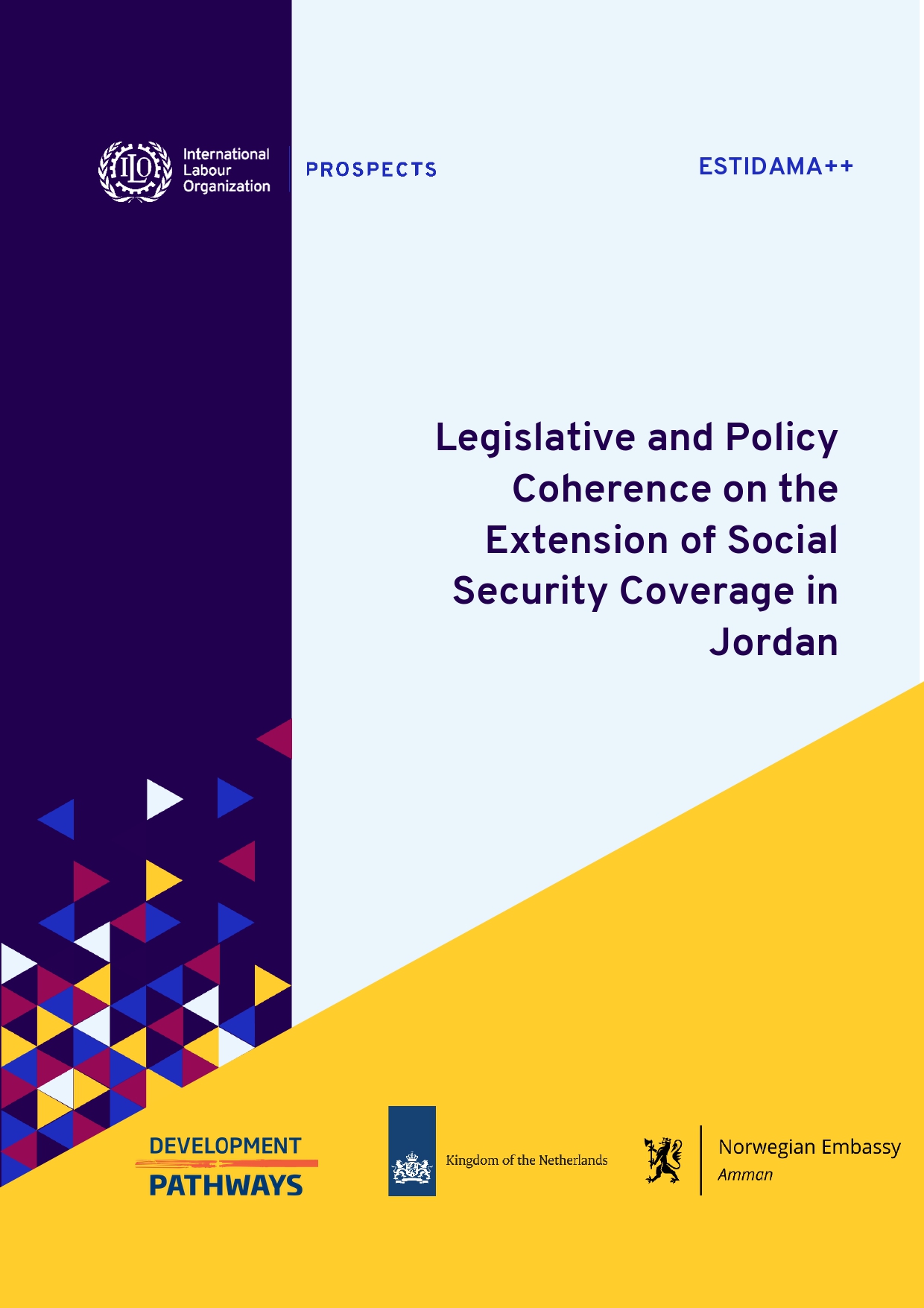Jordanie
Through this review, the ILO seeks to explore further opportunities to strengthen policy, legislative and institutional environments and mechanisms, working closely with host governments and other national actors and partners.
By providing a comprehensive and robust picture of the situation on the ground, the report offers actionable areas of intervention to support policy development, reform and implementation capacity of the host governments, other national and local actors, including the social partners, to enhance inclusion and protection.
Skills mismatch problems in the labour market have been widely recognized by both current literature and policymakers. Skills mismatch indicators inform policies to improve the matching between labour demand and labour supply, making labour markets more efficient and reducing the wage penalties due to over-education or other types of mismatches. The skills mismatch indicators have been measured, so far, only for a limited number of the European Training Foundation (ETF) partner countries and they are not always comparable. This report provides an update and an extension of the work which has already been done to measure skills mismatch in ETF partner countries. The analysis following the choice and the construction of skills mismatch indicators provides a timely overview of this labour market issue which will be important for governments, stakeholders, and other stakeholders to shape future labour market policies.
The ILO Skills and Lifelong Learning monthly newsletter highlights recently uploaded publications, reports, research items, videos and upcoming events on skills development and lifelong learning.
Sign up to receive the Newsletter by clicking here.


